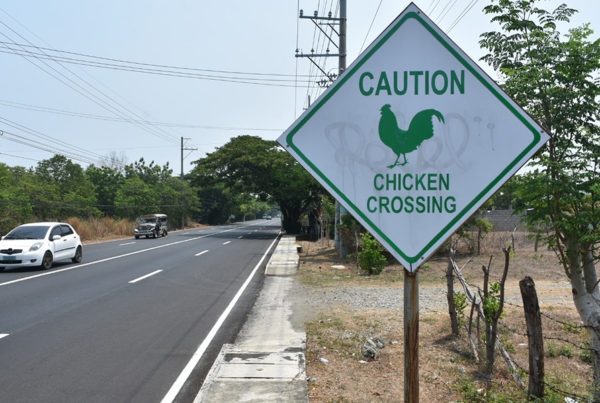PSU, DENR team up to save endangered trees
STA. MARIA—Endangered species of trees are now being cloned for propagation in a nursery established by the Pangasinan State University (PSU) campus in this town in partnership with the Department of Environment and Natural Resources (DENR).
Professor Simeon Cabansag, campus executive director of PSU Sta. Maria campus, said the DENR gave P3.5 million for the establishment of the clonal nursery last year, which covers an almost one hectare area inside the school.
“(Ours) is the first in Region 1 except the one in Mangatarem town but as far as the planting of trees in our environment involving state universities and colleges in the Philippines, we are number one here in Region1, “Cabansag said.
Among the species being cultivated are those considered “near extinction” such as hardwood forest trees molave, apitong, red lauan, and kamagong, among others.
“What is needed is only .5 hectare for hedge garden. We get a stem of the plant and in the laboratory are growth hormones and others, then it is placed in growth chamber that takes about two weeks’ time until a new growth comes out,” he explained.
In the hedge garden, trees remain at a maximum of about three feet only as these are used as a source for cuttings, which are then soaked overnight in growth hormone then put in a growth chamber.
Some 800 forestry seedlings of different species are currently being maintained in the hedge garden sourced from the forests.
He said a team of agriculture engineering or crop science students is organized during summer to go to forests and gather forest tree seedlings.
CLONING
Cabansag noted that while forest trees have natural seeds that fall, these rarely survive and grow into new seedlings. “It becomes difficult to propagate so the only thing to do is cloning,” he said.
Under the PSU partnership with the DENR, the school will produce at least 60,000 forest tree seedlings through the clonal nursery, which will be turned over to the DENR.
So far, some 2,000 seedlings ready for planting have already been handed to the DENR.—Tita Roces
Share your Comments or Reactions
Powered by Facebook Comments









